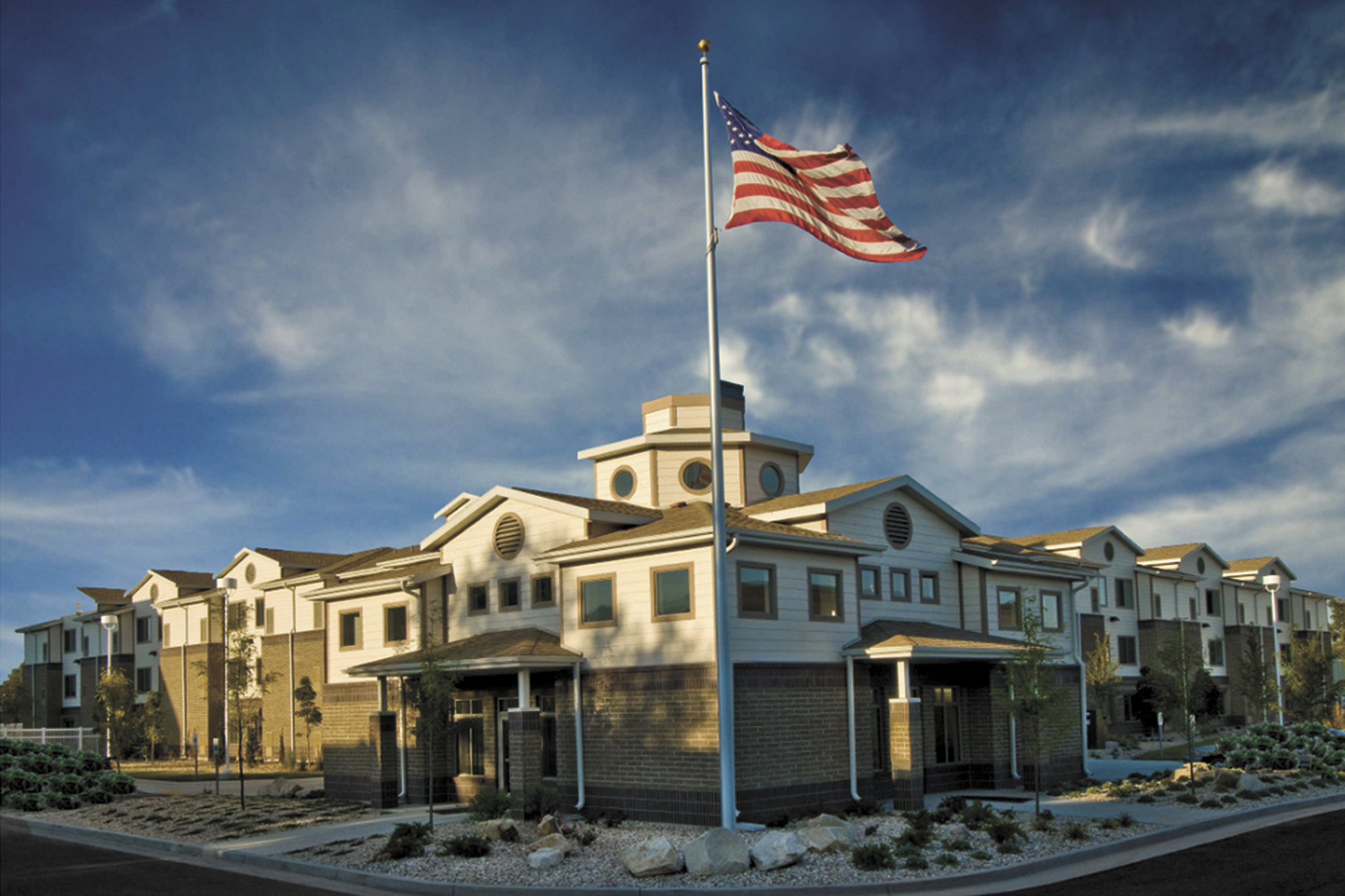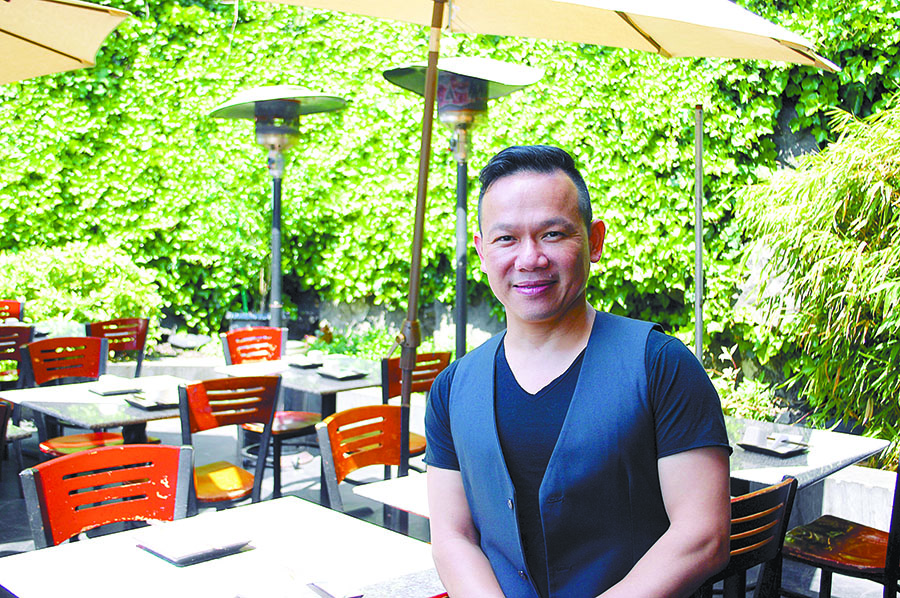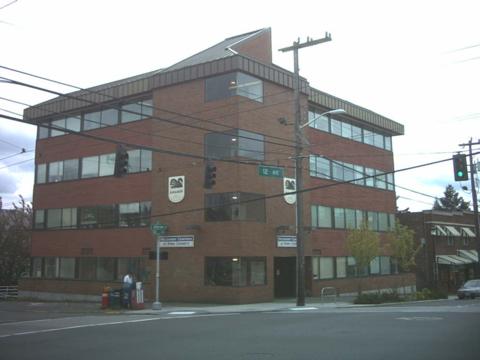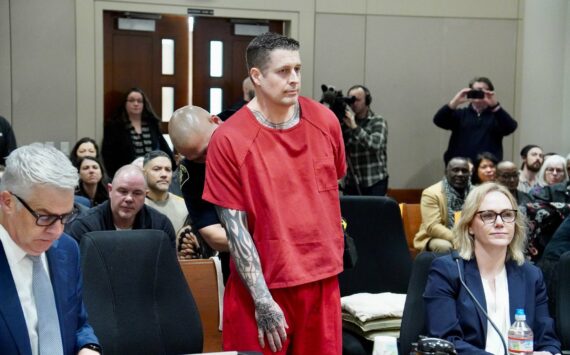In 1968, advertising executive Frank Shakespeare and television producer Roger Ailes famously created a political phenomenon that came to be known as “The New Nixon”: a less-cranky, cheerier, more forward-looking version of the old five-o’clock-shadowed Richard Nixon.
The machinations of image-makers—well-turned phrases, smart photo ops, memorable PR stunts—seem commonplace now, but nearly a half-century ago these were revolutionary concepts, centered on the notion that voters’ perceived image of a candidate is an election’s motivating force.
Ideas and policy are important, but Shakespeare and Ailes argued that they are trumped by a carefully scripted, disciplined message about the candidate himself. Endless repetition of the message is key, whether it comes from the candidate or from controlled surrogates and grass-roots supporters.
For example: “There is no mayor’s school”—this, of course, from Mayor Mike McGinn—or state Sen. Ed Murray’s mantra, “It’s an issue of effectiveness.”
McGinn’s handlers and campaign strategists know the power of staying on script, as do the political operatives Murray has enlisted. From the outset of the mayoral race, overarching themes were tested and polished, then synthesized in ways calculated to catch the public ear. When on December 12, 2012, Murray announced his candidacy at Sole Repair on Capitol Hill, he sounded a campaign message that has seen little deviation since:
“Our message has been consistent from the beginning—that we need to get past the divisive, combative politics of the past, that Seattle has great potential and is doing great things in spite of what’s going on in city government,” says Sandeep Kaushik, Murray’s campaign spokesman and valued strategist. “There’s no doubt that repetition is important.”
Kaushik—a former Stranger scribe who once pursued a Ph.D. at Princeton in ecclesiastical politics in early-17th-century England—was tasked with keeping the campaign afloat during the months in which Murray was precluded by law from raising money, on account of the legislature being in session. He also had to anticipate the ways the McGinn campaign would go after his candidate, who had never run in a city-wide election before. “We knew [the McGinn campaign] would cherry-pick [his record] to find things they could use against Ed. Of course, we looked at McGinn’s record, too. We knew, for one, that he had successfully portrayed Joe Mallahan in 2009 as a downtown tool, the establishment candidate, and would try and do it to us as well.”
Meanwhile, helming the McGinn campaign is John Wyble, who began to learn the bones of his craft as a Democratic activist at Western Washington University in the 1980s. Wyble is McGinn’s most trusted political confidant—a one-man band compared to the deeply layered campaign infrastructure Murray has put in place. An engaging 48-year-old, Wyble has been the chief architect of McGinn’s overall thematic messages.
As the campaign’s contours began to take shape in early summer, McGinn knew he faced a big challenge in tunneling out, shall we say, of the hole he’d dug in his term’s first two years. He crusaded against the Alaskan Way Viaduct replacement during his 2009 race, then suddenly dropped his opposition to it a few weeks before the election.
Later, in his early days as mayor, McGinn again questioned its worth and fiscal efficacy and forced a public referendum on the project. His hard-nosed stance angered voters, who signed off on the deep-bore tunnel in a landslide. It also alienated the City Council, and things remain frosty between the mayor and council members: A majority of the council have endorsed Murray, which council president Sally Clark called “unprecedented.”
The tunnel issue will not die. At last week’s KING-5 televised debate, a heated McGinn said he had been right to be concerned about tunnel-funding legislation. “I raised an important question,” he said. “The question remains unanswered. Sen. Murray’s position is that it’s all right for everyone to be angry at me for asking a question like that rather than just answering the question. We also know that neither [Gov. Christine] Gregoire nor Murray, despite his vaunted influence in Olympia, had the power to get it changed.”
There was no political honeymoon for Mike McGinn. It didn’t help that the economy was in desperate condition and that McGinn would be forced to close a $67 million budget gap by shedding 300 city workers. Soon the perception grew that his agenda was too narrow: He was anti-car, too headstrong and combative, and didn’t listen. This perception was reinforced by his consternation with the Department of Justice for being too adversarial in settlement negotiations regarding the Seattle police department’s use of force. As Councilman Nick Licata said recently, “He doesn’t seem to have the communication skills to reach a consensus.”
It was the McGinn campaign’s job to turn these negatives into positives—hence a blitz of It’s-Morning-in-Seattle optimism: Employment is up; crime is down; deep budget cuts were made, but social services were protected. Seattle was now moving in the right direction.
Wyble ticks off the message points that evolved: “He’s been tested. He’s weathered snowstorms, a bad economy, a garbage strike, and protests. He is who he is, and he’s unafraid to let the chips fall where they may. When times were tough, he went out and did what he thought was right.”
Recent polls showing McGinn trailing by 20-plus points would suggest that voters aren’t currently buying into that narrative—but enough did for McGinn to survive the August 6 primary, finishing a close second, just 1,800 votes behind Murray.
Any good sales job, too, demands what in the political business is known as compare and contrast. “Mike is an activist mayor,” Wyble continues, “and he doesn’t want to coast now that we’ve come out of the recession. Ed is all about coasting—‘We’ll go slower until we get a consensus.’ ” In recent weeks, McGinn—still running as an outsider, a role he revels in—has begun repeatedly to question Murray’s effectiveness in Olympia, saying that funding shortfalls for education and transportation came on his watch.
Unlike McGinn, the Murray camp needed to build name recognition for their candidate, which they accomplished in part by going soft and fuzzy: One of seven children, growing up in a poor Irish household in West Seattle, inspired by the Kennedys, who would worry that being gay might prevent him from participating in the political world.
“That story was hugely important to us, that Ed was someone you could relate to,” says Kaushik.
The “story” laid the foundation from which Murray could press his cardinal message—that he overcame early obstacles and blossomed as an influential, albeit unshowy, 18-year veteran legislator. Equally important was to stress again and again the incremental steps Murray took to eventually win passage last year of the same-sex-marriage initiative. “We were disciplined in the delivery of our message. Ed’s approach to governance is different. He believes in consensus and compromise.”
In June, Murray, in an interview with Seattle Weekly, warned that if the fall contest came down to him and McGinn, it would be “the ugliest campaign Seattle has ever seen,” clearly intimating that McGinn would be the one to make it so. It has been anything but. Dull, uninspiring, and occasionally mean-spirited, yes. But nothing like the rip-roaring brawl Murray predicted. For the most part, the race has been all about style and personality—a choice between the movement politician and the pragmatist. No policy issues divide them. For Murray, McGinn is the issue.
If we boiled down the sales pitches of the two mayoral contenders—both of whom, on the political spectrum, share a deep shade of blue—and employed a football analogy to define them, it could be this: McGinn plays without a helmet at times, and, when in doubt, goes deep. Murray doesn’t like to get his jersey dirty, and eschews the Hail Marys for short, high-percentage passes.
One of the Murray campaign’s hallmarks has been its rapid response to any and all charges and attacks, or perceived attacks, by McGinn.
Kaushik is the chief rapid-responder. He lets nothing go unchallenged. And that’s all part and parcel of the sales pitch, too: Murray may be Mr. Compromise, but when pushed he’s unafraid to flash that Irish temper he’s famous for down at the Capitol.
Late last month, when McGinn implied that Murray had displayed racist tendencies by quietly supporting I-200, the 1998 anti–affirmative action law, Kaushik pounced, calling reporters to say “I’m flatly saying it’s false and it’s despicable and it’s untrue—it’s a sleazy attack.”
More recently, on October 7, Kaushik quarterbacked the campaign’s response to the McGinn camp’s attempt to link Murray to “big coal.” He immediately dispatched a press release “regarding a false whispering campaign” and announced a press event, with Murray appearing at the Broad Street rail crossing “to set the record straight.”
For his part, Wyble has earned a reputation for putting together a strong ground game: community outreach, phone banks, neighborhood coffees, and the like. Any effective candidate merchandizing must include trained volunteers capable of making voter-persuasion calls. The McGinn campaign made 150,000 calls before the primary and, says Wyble, plans to make at least 200,000 calls (to nearly 50 percent of all registered voters in Seattle) in the final two weeks before the November 5 election.
By making countless if-the-election-were-held-today voter calls via auto-dial, McGinn’s people think they have a good grasp on which voters may be undecided—nearly 30 percent of the electorate, they say—and which may be merely leaning toward Murray and might be swayed in the other direction.
“Our internal [polls] based on the auto-dial calls show us down by 7 percent,” Wyble insists—nowhere near the huge double-digit advantage Murray supposedly enjoys.
Kaushik says his biggest problem is to guard against overconfidence among his troops. Things are sure to tighten as Election Day nears and people begin to focus on the race.
As for McGinn, I spoke with him last week in an impromptu interview, just after he cut a TV spot at Wyble’s campaign studio in SoDo. After lugging his bike down three narrow flights of stairs, McGinn talked about what he calls the deeply flawed campaign narrative the media has trumpeted about his bid for a second term.
“My base has expanded from what it was four years ago,” he says. “You know, four years ago, probably eight of the council members voted against me,” the mayor adds, alluding to stories that five members are publicly backing his challenger.
With a tired smile, McGinn concludes, “I’ve always been behind in the polls, but I’ve never lost an election.”
econklin@seattleweekly.com







